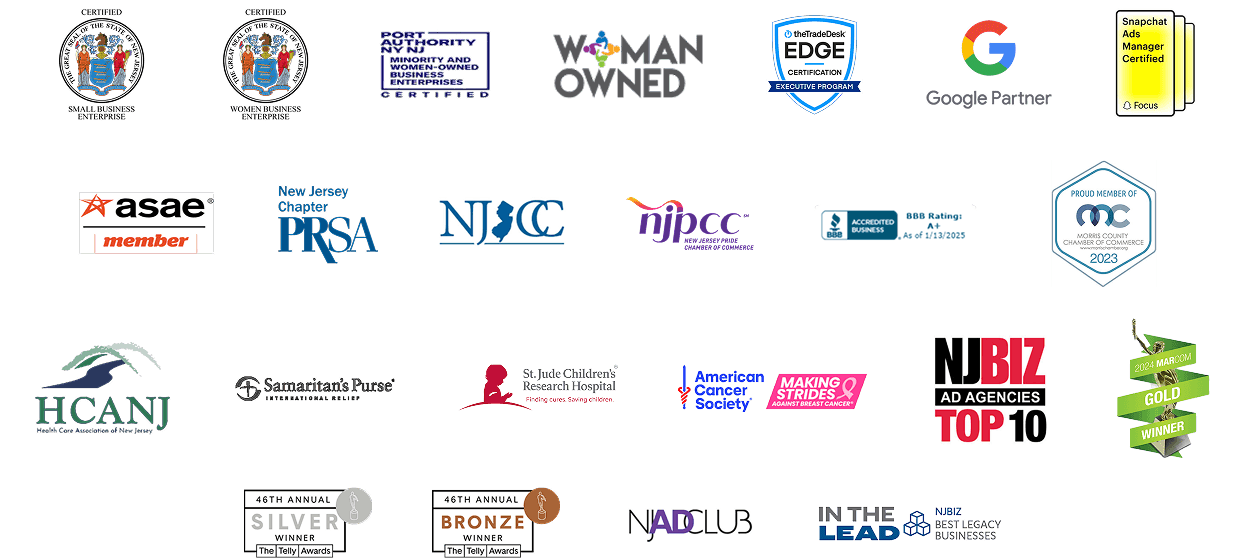As I embark on a dozen years of owning a social media account, it strikes me that I’ve been active online for more than half my two decades. That sounds petrifying – at least to me – yet the time has rushed by and I’ve come to terms with this being my normal way of life.
Social media is everywhere and in everything. Platforms push out advertisements, along with hugely influential input on trends, mental health, politics, and connectedness. People all around the world connect and live vicariously through the lenses of others, which has triggered many of us to almost constantly compare ourselves to strangers’ lives. When I signed up for an Instagram account at the ripe, old age of 8, I had no idea what I was getting myself into.
Curating and creating posts, and receiving feedback became a hobby to me. For better or worse, it’s a continuously vicious cycle. During high school, I ran an anonymous Instagram account, @RelatableMood5, that grew to have 25,000+ followers. It featured aesthetically pleasing images targeted towards trends connected to teenage girls. I found posting photos of other people was the most validating way to approach social media because the backlash was minimal. And the lack of complications related to this account enabled me to do something risky – post about politics.
I received a good bit of negative feedback and lost followers, which confirmed for me that social media is terribly inauthentic. It’s a performance. Ultimately, I was unphased by the negativity and even hate, largely because – since I’d shared neither my face nor name – none of it was truly directed at me, as a person.
Social media certainly has its pitfalls, but it also has enabled my peers and me to connect. Instagram, TikTok, Snapchat and a few other platforms let me see what my friends are up to, while allowing me to disseminate private stories, as popularized by Snapchat. It’s this capability of social media that encourages others to, at a minimum, share select aspects of their lives.
Many teens are made apprehensive by watching other people’s experiences – it generates immediate FOMO (that’s fear of missing out for the uninitiated). We’re constantly updated on how others are spending their time. It’s a complex, fluid environment in which well-manicured personalities frequently replace genuineness, but social media is nonetheless a crucial tool for building connections and exchanging experiences within our globalized society.
Harley Rosenbaum is a rising junior at Tulane University and is interning this summer with SCG Advertising + Public Relations.



